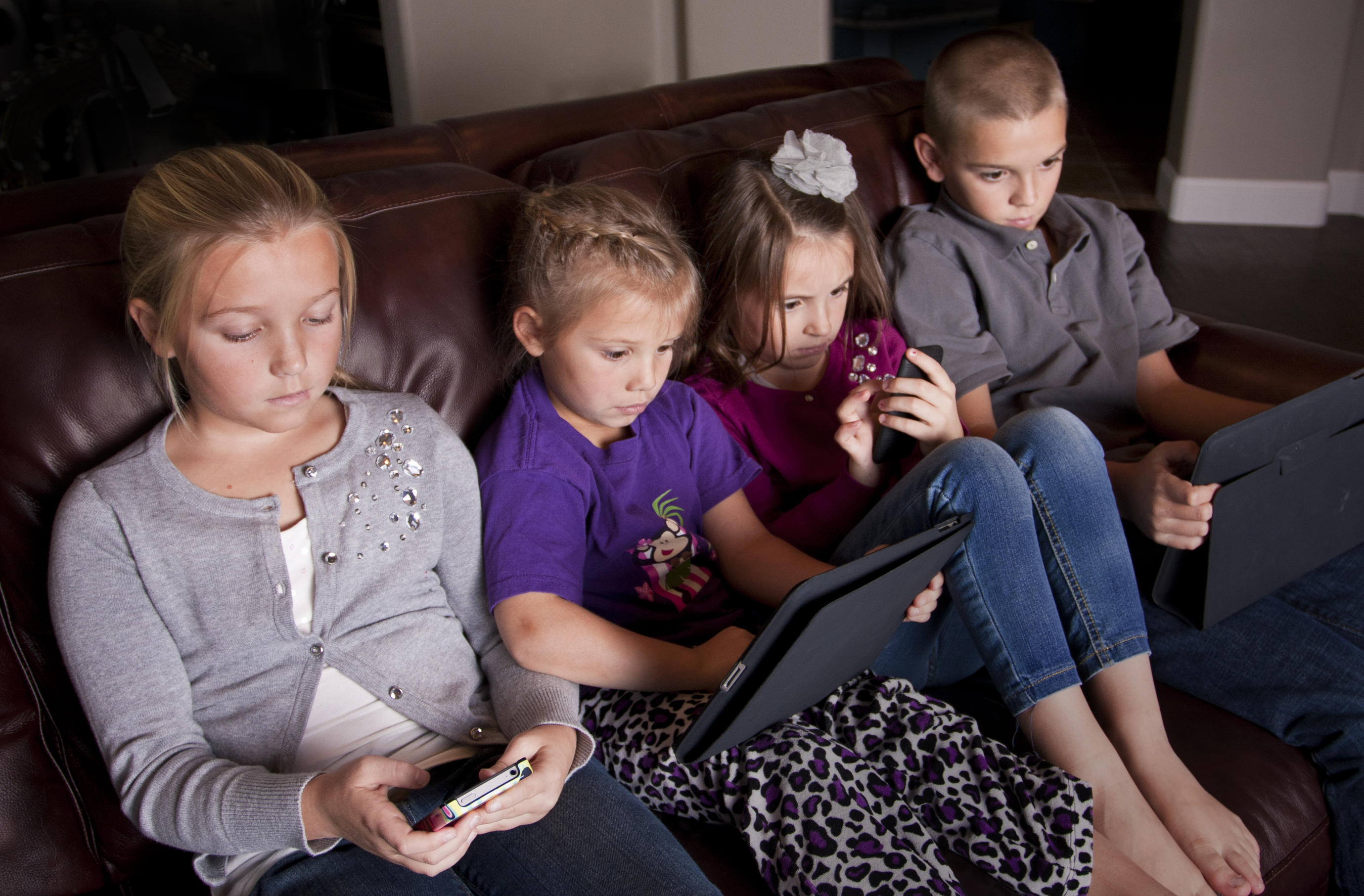What Screen Time Can Mean for Kids
Written by Arbitrage • 2025-07-22 00:00:00

A major international study looking at nearly 300,000 children revealed a two-way link between the amount of time kids spend on screens and their emotional and social well-being. Children who spent more time using devices like TVs, tablets, computers, and gaming consoles were at a higher risk of developing problems like aggression, anxiety, depression, sleep issues, attention difficulties, and low self-esteem later in life, the study found. Time spent on gaming consoles was especially linked to a greater chance of developing issues, according to the study, which was published on June 9, 2025, in the academic journal Psychological Bulletin. The study is one of the largest of its kind, analyzing 117 long-term studies conducted between 1972 and 2024. By focusing on children aged 10 and under and tracking them over time, the researchers could more clearly determine cause and effect.
In recent years, children's screen time has increased dramatically, raising concern among parents, educators, and health professionals. "More than 40% of kids [ages] 8 to 12 are using screens for more than four hours per day," said Dr. Tara Narula, ABC News chief medical correspondent. According to a study published in JAMA Pediatrics, screen use among toddlers grew from just under an hour a day at age one to more than two and a half hours by age three. Among older children and teens, the numbers are even higher. Before the COVID-19 pandemic, school-aged children averaged around 2.8 hours of screen time daily. But as of late 2023, more than half of U.S. teenagers reported spending four or more hours a day using screens for entertainment.
The more time kids spent looking at a screen, the more likely their actions and feelings didn't meet expectations for their stage of development. "High screen use isn't just a cause of problems - sometimes, it's a symptom," said lead author Roberta Pires Vasconcellos, noting one of the most striking findings. "In many cases, children who are already struggling emotionally turn to screens, especially video games, as a way to cope or escape. While that might offer short-term relief, over time it can trap them in a cycle that reinforces those emotional difficulties." The association was small but significant, especially for girls.
Children's physical health is also at risk. Excessive screen time often leads to sedentary behavior, contributing to obesity, poor posture, and sleep problems. Studies have shown that the blue light emitted from screens interferes with melatonin production and circadian rhythms, especially when devices are used close to bedtime. This disruption can result in sleep deprivation, irritability, and difficulty focusing during the day. Language development may also suffer, particularly among preschoolers exposed to more than two hours of screen time daily. Research suggests that these children are more likely to experience speech delays and slower vocabulary growth, especially if screen use replaces interactive play and conversation. One study involving over 400 families found that excessive screen use - not only by children but also by their parents - was linked to reduced language and grammar development. Vision health is another concern. Developmental optometrist Dr. Bryce Appelbaum warns that seven to eight hours of daily screen time can disrupt visual development, creating tunnel vision, eye strain, and symptoms that can mimic attention disorders like Attention-Deficit / hyperactivity Disorder (ADHD).
Despite all of the growing concerns, screen time is not inherently harmful. When used appropriately, screens can serve as powerful tools for education and development. The quality of screen time matters just as much as the quantity. Educational programs and apps, especially those designed for young audiences, have been linked to improvements in early literacy, problem-solving skills, and social understanding. Children who view content with their parents often benefit from better language development and increased engagement with learning. Exposure to digital tools also helps children develop technical skills that are increasingly essential in today's digital world. Creative apps and platforms like YouTube or digital drawing tools may even inspire new hobbies or passions.
While some content can enrich and educate, much of what children consume online is fast-paced, overstimulating, or even harmful. Media multitasking (when children jump between games, videos, and messaging apps) has been associated with fragmented attention, increased anxiety, and decreased social connection. Dr. Sherry Turkle, a sociologist at MIT, emphasizes the importance of boredom in childhood, calling it the "mental space where creativity and imagination flourish" - space that is quickly eroded by constant digital stimulation.
Many experts agree that the solution is not to eliminate screens entirely, but to approach screen time with structure and intentionality. Dr. Narula shared a call to action for parents: "One of the biggest things is just you have to be invested, involved, and aware of what's going on with your kids. You have to be there for them emotionally, check in on them, and also teach them those social life skills." It is imperative for parents to establish screen-free routines, such as during meals and before bedtime, and to model healthy digital habits themselves. When used wisely, screen time can enhance learning, creativity, and connection. But when used excessively or without guidance, it can hinder emotional development, disrupt sleep, and strain both the eyes and mind. The dramatic rise in screen use over the past decade underscores the importance of striking a balance. With mindful practices and informed choices, families can ensure that screens serve as a tool for growth, not a barrier to it.